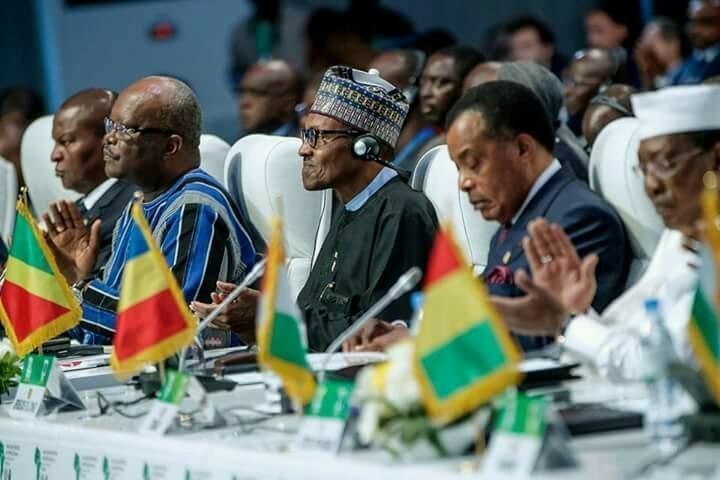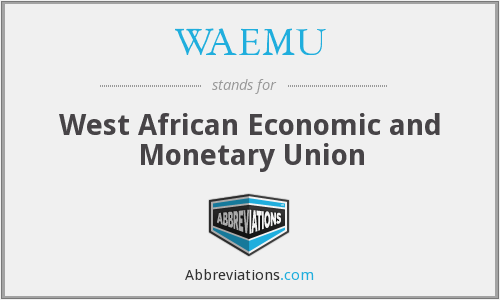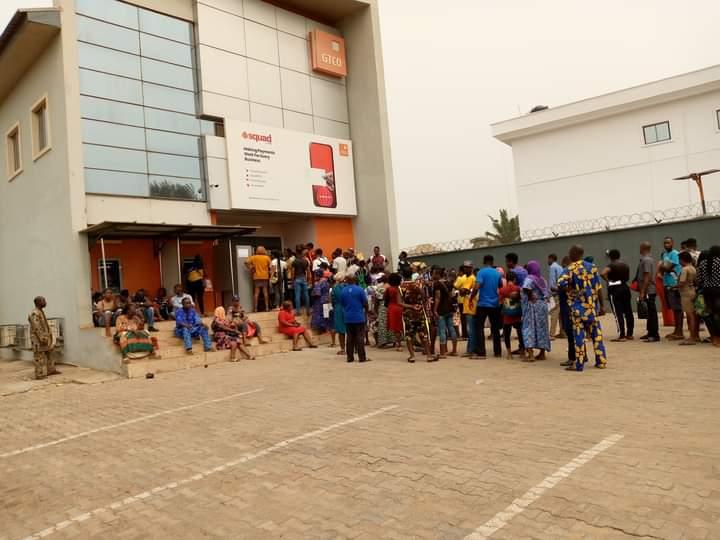Strong indications have emerged revealing that it will take more than one decade for many of the 16 Economic Community of West African States (ECOWAS) Member States to meet the four primary convergence criteria for ECOWAS single currency.
There is also another six secondary criteria to be met on takeoff of the new regional currency.
Fact checks and assessments of current realities across ECOWAS economies showed that chances of more countries meeting the 10 conditions or even the first four may not be in this decade due to infrastructure gaps and intractable tax regimes amongst countries of the region.
Otherwise, Business Hilights gathered for the Eco to be implemented, ten convergence criteria, set out by the West African Monetary Institute (WAMI), must be met. These criteria are divided into four primary and six secondary criteria. Up to the fiscal year 2011, only Ghana has been able to meet all the primary criteria in any single fiscal year but was recently taken over by Togo.
The four primary criteria to be achieved by each member country include A single-digit inflation rate at the end of each year; A fiscal deficit of no more than 4% of the GDP; A central bank deficit-financing of no more than 10% of the previous year’s tax revenues; and Gross external reserves that can give import cover for a minimum of three months.
Also, the six secondary criteria to be achieved by each member country are Prohibition of new domestic default payments and liquidation of existing ones; Tax revenue should be equal to or greater than 20 percent of the GDP; Wage bill to tax revenue equal to or less than 35 percent; and Public investment to tax revenue equal to or greater than 20 percent.
The remaining two are a stable real exchange rate (otherwise single exchange rate), and a positive real interest rate.
In the beginning, the West African Economic and Monetary Union (WAEMU) had been an existing Customs and Currency Union between eight ECOWAS member States, namely: Benin, Burkina Faso, Guinea-Bissau, Côte d’Ivoire, Mali, Niger, Senegal and Togo. WAEMU came in to existence in 1994 to deepen economic integration and exists as a sub-regional grouping within the ECOWAS. The remaining ECOWAS member States, with the exception of Cabo Verde, are in the process of establishing a Monetary Union under the constituency known as the West African Monetary Zone.
According to the ECOWAS Single currency roadmap, the second monetary zone was scheduled to be launched in 2015 for eventual merger of the two by 2020 with a common currency. The launch has however been delayed to ensure effective coordination between fiscal and monetary policies in the ECOWAS region.

Rewind to 2001, ECOWAS set up The West African Monetary Institute (WAMI) in Accra, Ghana to undertake technical preparations and monitoring of quantitative convergence criteria for the establishment of a common West African Central Bank. The ECOWAS Commission, in collaboration with WAMI and WAMA, had set out ten macroeconomic convergence criteria for member States to comply with for the single currency to be implemented. These are known as the Four Primary Convergence Criteria and the Six Secondary Convergence Criteria of quantitative and qualitative benchmarks.
Domestication and compliance of the criteria has however not been simultaneous or on a sustainable basis in member States. The initial date for the launch of the single currency was January, 2003. However, the launching has been postponed several times due to member States’ inability to fulfill the set macroeconomic convergence criteria.
The next target for the creation a single currency is 2020, however, only Togo has met the conditions due to sustained national finance management discipline.
President Mahamadou Issofou, Chairman of the ECOWAS Authority and Niger Republic’s President, had said that implementation of the single currency by 2020 was a priority on his agenda.
Only weekend, the Minister of Foreign Affairs, Geoffrey Onyeama, made it clear that Nigeria is not yet ready for the implementation of the ECOWAS Single Currency, “Eco,” in 2020.
He explained that Nigeria’s position on the single currency was agreed by the Economic Community of West African States (ECOWAS) Member States, recalling that meeting up the convergence criteria for a single currency was one of the preconditions to be met by Member States to achieve the implementation of the single currency.
The minister said that only one country out of the ECOWAS member states had been able, for over a period of three years, to maintain the convergence criteria.
Onyeama averred that “Majority of the countries understand that we are not quite ready immediately to go into this single currency market, but it is a process.
 “Some of the French-speaking countries understand that since their currency, the CFA, is linked to the euro, that they also have to de-link, to start preparing towards this single market.
“Some of the French-speaking countries understand that since their currency, the CFA, is linked to the euro, that they also have to de-link, to start preparing towards this single market.
“And so, they have taken certain measures where the 50 per cent they ordinarily have to deposit with the French Central Bank, that is no longer going to be the case.
“France is no longer going to be represented on the board of the bank, So, there really is no major contradictions.
“There is no question of anybody colonising anybody. It was an initiative of the African countries and France accepted.
“The Eco is now going to be linked at the exchange rate with the euro. But that was a request, a specific request by the African countries,” he said.
Onyeama said that everything is done is being undertaken by sovereign countries, exercising their sovereign wealth.
It would be recalled that ECOWAS Presidents during the 55th Ordinary Session of the ECOWAS Authority of Heads of States and Government adopted Eco as the official name for the ECOWAS single currency.








